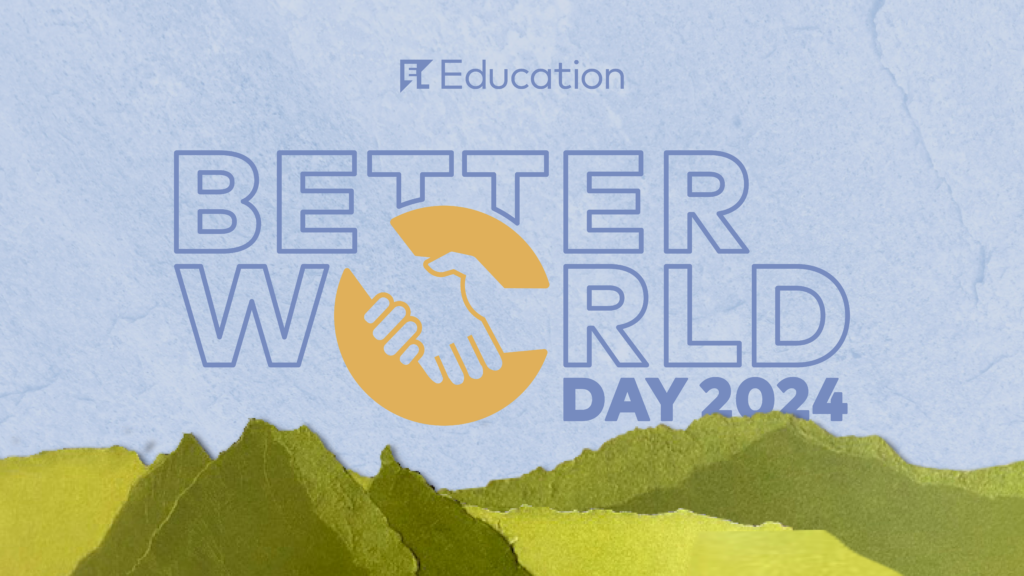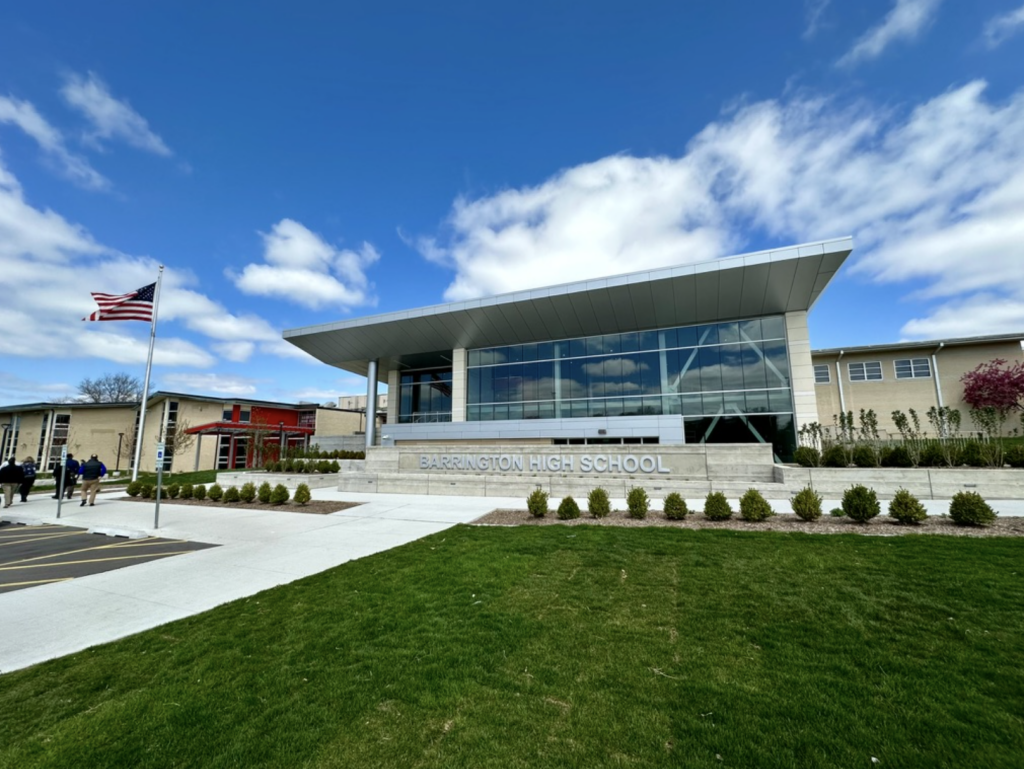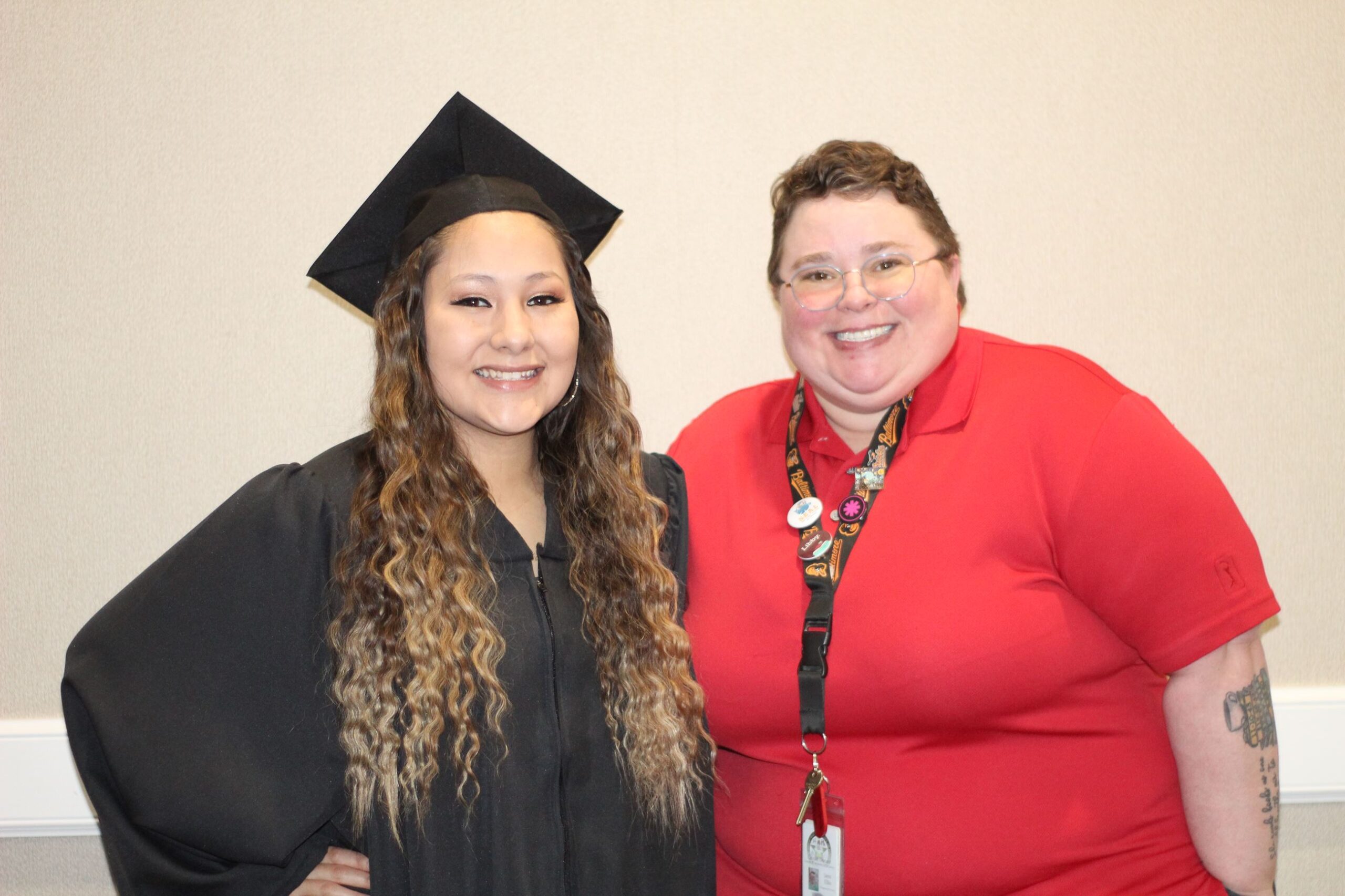‘Anxious’ Generation? More Like ‘Action’ Generation: America’s Students Are Building a Better World
By: Whitney Emke
There’s been a lot of talk lately about how things like screen time and pandemic-driven lockdowns are impacting children’s mental health and creating an “anxious generation.” What we haven’t heard nearly enough about, though, is what can happen when teachers and school leaders let students lead their own learning experiences that critically examine their communities and the broader world while designing real-world solutions to local and global issues.
Long story short? When you give students the tools and autonomy to engage meaningfully with their surroundings, they learn to navigate the world with resilience while actively contributing to making it a better place.
On Friday, May 3–and every other first Friday in May since 2018–schools nationwide will celebrate Better World Day. Better World Day is an event created by the nonprofit organization EL Education, which showcases student learning that contributes to a better world. This year, students from more than 130 schools (up more than 600% from the 18 inaugural Better World Day school projects) will clean up trash around their communities, build and stock Little Free Libraries, pack and hand out meals and care kits for vulnerable community members, plant pollinator gardens, paint murals, and much, much more, all in service of making the world a kinder, better, more beautiful place.
This year, three of Better World Day’s most anticipated projects include students at Arbor Vitae Woodruff School in Arbor Vitae, Wis., joining forces with local charities to combat food insecurity, students at Westchester Elementary School in Decatur, Ga., fostering inclusivity through their “WE Build Bridges to Belonging” initiative, and juniors from World of Inquiry School No. 58 in Rochester, N.Y., planting tulip bulbs and hosting a community art project to commemorate their school’s founding amid historical events. Over the last seven years, students have built early literacy programs that honor the legacy of their former teacher, launched a button-making initiative that helps create dialogue around differences in identity, participated in countless community clean-up efforts, made murals with meaning, and so much more.
Community service might be nothing new, but Better World Day is different from other one-off community improvement initiatives.
It’s not just teachers sending home permission slips and busing students to and from events, snapping a few photos for the school’s weekly newsletter, and sending kids straight back to their desks and workbooks; Better World Day is about building citizen scholars who get smart to do good and change the world with skills like critical thinking, stakeholder engagement, project management, problem-solving, collaboration, empathy, cultural competence, public speaking, research, data analysis, and leadership.
Students are knee-deep in Better World Day, from the strategy and vision-setting stages to execution. They lead brainstorming sessions, vote on community needs to address most urgently, connect with community stakeholders to gather resources, collaborate with educators to design and implement sustainable solutions that have a lasting impact on their communities, share their accomplishments locally and even nationally to audiences of nearly 100,000 across email, television, social media, web, and more.
Then, as their schools continue to participate annually, students’ skills and leadership grow, leading to higher-quality, higher-impact events and, most importantly, students who realize the power of their voice and want to use it now in service of a better world.
We’ve seen it time and time again: Khadijah Hilmy, Ava Pittman, Saniyah Cunningham, and Marissa Barnwell are just a handful of students who got involved with Better World Day or their school’s partnership with EL Education and went on to join EL’s Student Advisory Council. Now, they’re guest speakers, panelists, and emcees at national conferences, bloggers, and education activists working to inspire future student leaders to contribute to a better world.
In today’s discussions about the challenges facing young people, Better World Day–and the students leading the charge–demonstrates the incredible impact of focusing on what our youth can do instead of what they cannot. When we give them the tools and opportunities to engage with their communities and the world meaningfully, students can become citizen scholars who make the world a better place.
Whitney Emke, the director of communications for EL Education, is a former special educator and behavior interventionist who specialized in working with students diagnosed with emotional and behavioral disorders and autism spectrum disorders. She is a first-generation college student who spent five years in the foster care system and is passionate about the power of education to disrupt intergenerational cycles of poverty and violence.





